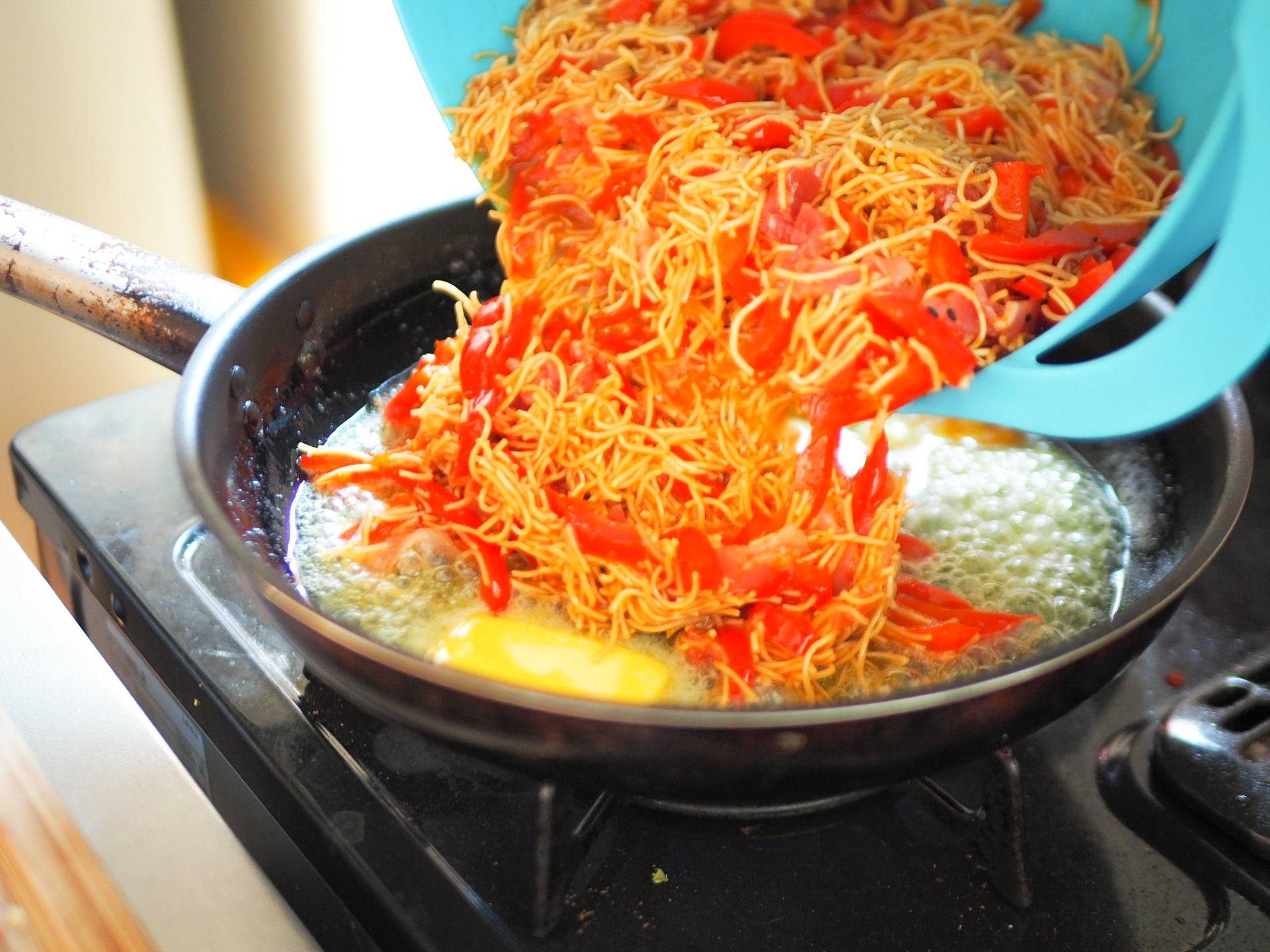As a rule, I avoid reviews of books I intend to read. So is it odd, then, that I love to peruse them after the fact? With the recent publication of “Klara and the Sun,” Kazuo Ishiguro added another eerily relatable work of science fiction to his catalog. James Wood’s review in The New Yorker spotlights why such stories are so poignant: In writing from the unaffected perspective of artificial intelligence, our own biases are laid bare.
In the culinary sphere, “molecular gastronomy” broadened attitudes in much the same way. While this oft-maligned moniker became synonymous with pretentiousness, one of its positive spinoffs was to spearhead a re-evaluation of incorporating overlooked ingredients into dishes. When Ferran Adria reinvented the beloved Spanish omelette with potato chips, foodies were equal parts offended and inspired.
If you’ve ever tried to adapt a Western recipe for the Japanese kitchen, you already know it is necessary to shed your preconceptions. Often, such fusions aren’t worth repeating. Sometimes they just work. Evolved, the dish may bear only a passing resemblance to the prototype but, if you’re anything like me, identifying why you’re cooking what you’re cooking is as important as the end result.



















With your current subscription plan you can comment on stories. However, before writing your first comment, please create a display name in the Profile section of your subscriber account page.